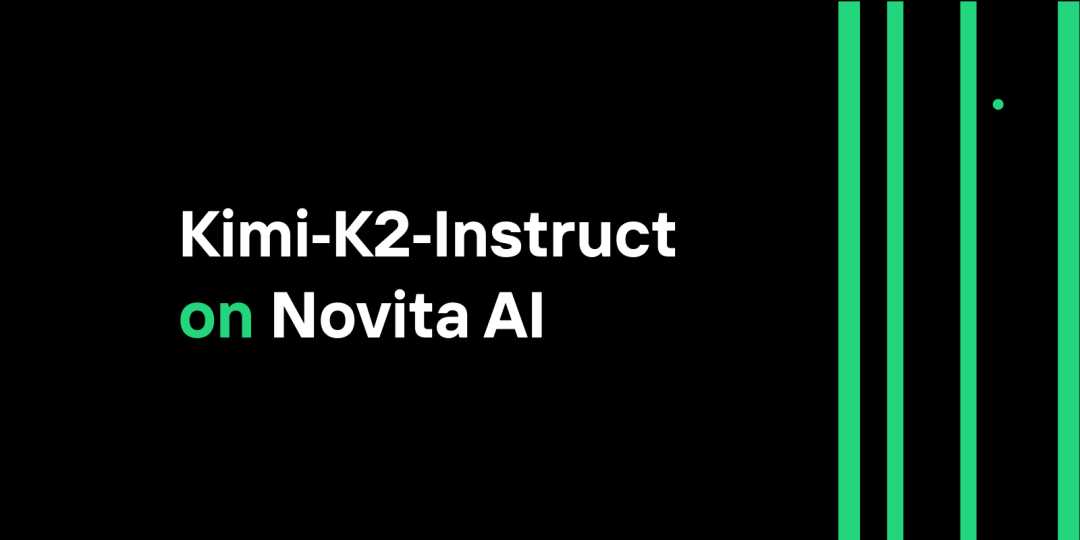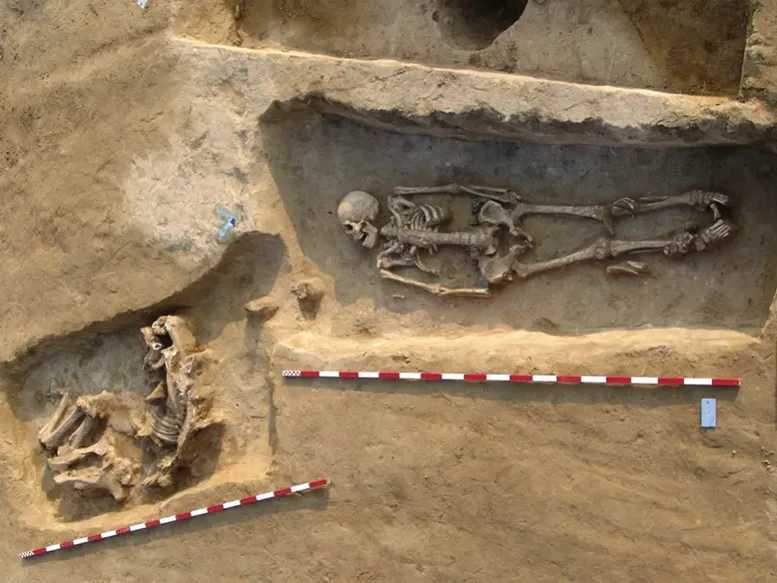Built on a dynamic MoE framework, Kimi K2 achieved state-of-the-art results in benchmarks like SWE Bench Verified, Tau2, and AceBench, outperforming other open-source models in code generation for 3D simulation and front-end development. Its enhanced Agent tool-calling ability enables automated decomposition of complex instructions into executable workflows, making it a versatile solution for AI-driven applications. The model’s pre-training phase utilized the MuonClip optimizer, ensuring stable training of trillion-parameter systems while improving token efficiency.
Aravind Srinivas, CEO of Perplexity, noted on social media that K2’s performance makes it a compelling candidate for post-training. Perplexity, a leading AI search company, aims to leverage K2’s strengths to refine its generative AI capabilities, particularly in task automation and contextual reasoning. Industry analysts highlight Moonlit’s technical prowess, suggesting that K2-based optimization could significantly elevate Perplexity’s competitiveness in the global AI market.
The collaboration signals a strategic shift in AI development, combining Moonlit’s foundational model innovation with Perplexity’s application expertise. By open-sourcing K2, Moonlit encourages broader adoption and customization, fostering advancements in generative AI and Agent-driven workflows. Perplexity’s potential integration of K2 reflects a growing trend where companies seek to enhance their AI systems through collaborative model refinement, balancing innovation with practical deployment needs.
As the AI landscape evolves, Kimi K2’s release and Perplexity’s interest underscore the critical role of open-source ecosystems in driving technological progress. While specific technical details of Perplexity’s post-training strategy remain undisclosed, the partnership is poised to shape the future of AI-driven tools and services, particularly in enterprise automation and advanced analytics.










